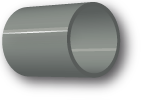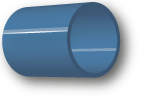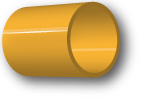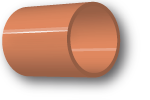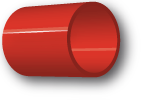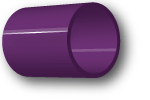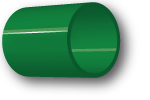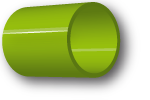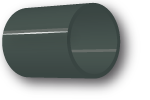Swiss patent: filing
The application must be filed with the Federal Institute for Intellectual Property (Institute) in Berne and must contain the following elements:
- A request for grant of the patent for Switzerland
- A description of the invention
- One or several claims
- The drawings to which the description refers
A filing date and number will be allocated to the application upon filing of these papers. This filing date may if applicable be claimed as priority date for subsequent filings made in other Paris Convention member states during the priority year. The request is generally formulated by filing, via encrypted email, a specific form made available by the authorities. No additions to the patent application are allowed after filing. It is thus necessary to ensure that a text be filed that is as complete as possible, that meets all requirements for grant of a patent and that will guarantee the applicant the best obtainable protection.
Examination of Swiss patent applications
Swiss patent applications are subjected only to a formal but not to a substantial examination. Even applications that are devoid of novelty can thus be accepted. The validity of a patent arising from such an application can however be contested by other parties by means of a legal action in cancellation. It is thus in the applicant’s interest to limit the sought protection so as to obtain a patent unlikely to be cancelled by the courts.
Advantages of Swiss patent applications
Swiss patent applications have first and foremost the advantage of being relatively inexpensive since the grant procedure is simplified to the maximum. Annual maintenance fees are due only from the 4th year onwards as counted from the filing date to keep the patent in force. The grant procedure is not particularly fast and it is quite common to have to wait 4 or 5 years before the patent is finally granted. As the applications are not subjected to a substantial examination, a Swiss application does not enjoy a presumption of validity as high as that of a patent granted after an examination procedure and may be more difficult in the end to commercialize.




